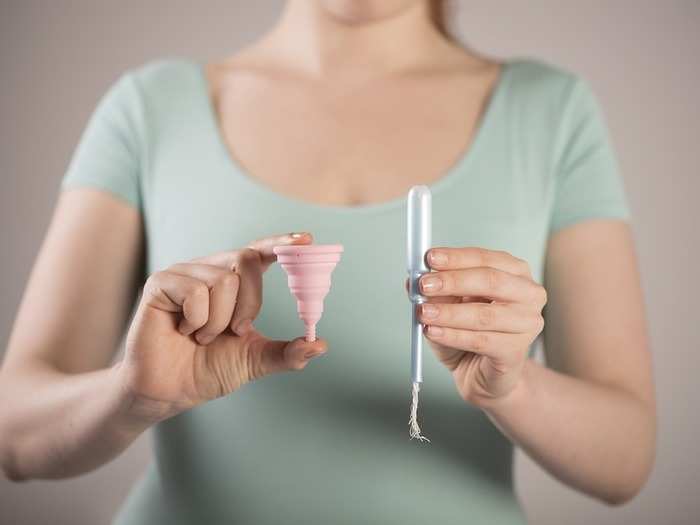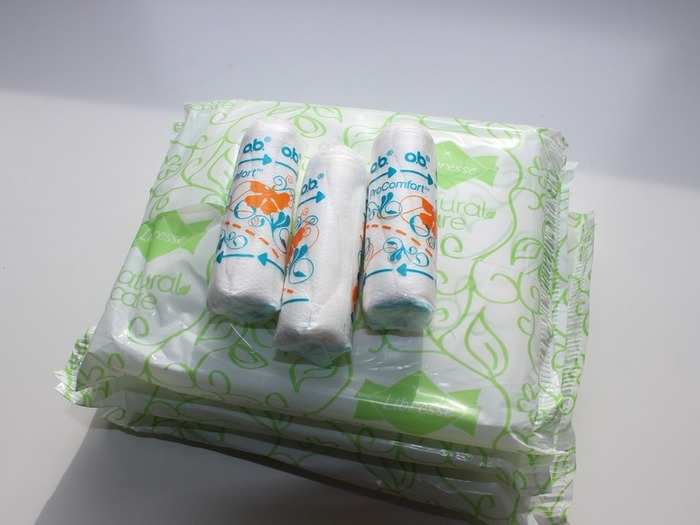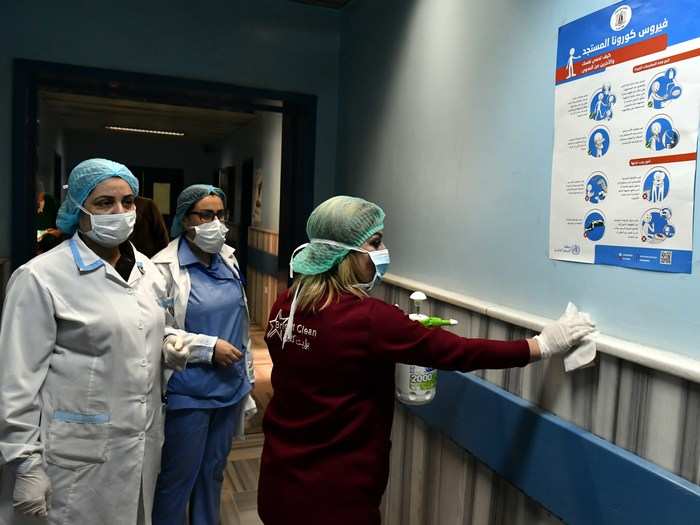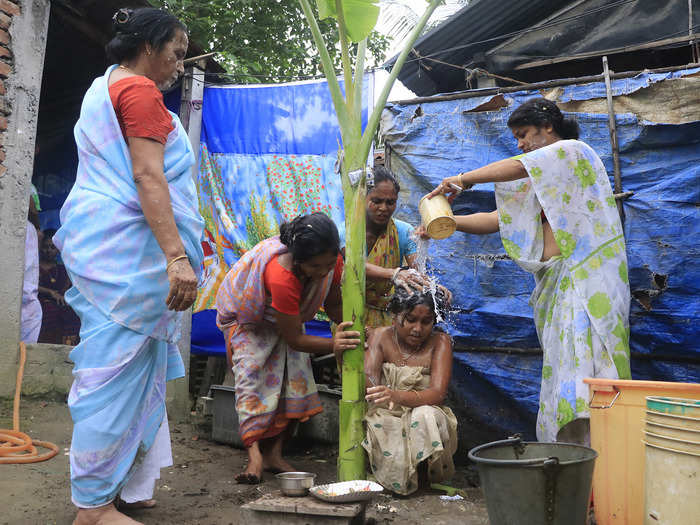- The coronavirus crisis has impacted the menstrual hygiene and health of women, globally.
- A lot of them do not even have access to ‘essential’ menstrual supplies including sanitary napkins, tampons, and pain medicines.
- As the world observes Menstrual Hygiene Day on May 28, here are a few things to know about the consequences of the pandemic on those who menstruate.
The coronavirus crisis has impacted the menstrual hygiene and health of women, globally. A lot of them do not even have access to menstrual supplies as the world is either getting into a lockdown, quarantined or getting out of it to contain the spread of the infection.
As the world observes Menstrual Hygiene Day on May 28, here are a few things to know about the consequences of the pandemic on those who menstruate.
Menstrual supplies are ‘essential’ items
Pixabay
According to the guidelines by the United Nations International Children's Emergency Fund (UNICEF), menstrual supplies — including sanitary napkins, pain medication, menstrual cups and tampons — are essential items and the administration should ensure that they are available and accessible to all sections of the society.
“When menstruation-related supplies are deemed essential, it sends a clear message: essential hygiene products are a priority for the health, dignity and welfare of all people who menstruate,” UNICEF said.
People in quarantine are also having a hard time
Pexels
People who are being quarantined or have tested positive for Coronavirus are struggling to maintain menstrual hygiene in the hospitals and quarantine facilities. The facility managers should ensure adequate supplies and train the staff members to facilitate that.
Poverty makes it harder to access the essential menstrual supplies
Pixabay
The poorer sections, who face barriers in accessing the menstrual supplies and health services, are even more vulnerable to crisis since a lot of stores and transport facilities are still closed. In fact, UNICEF says that women are being forced to prioritise food and water supply over menstrual and personal care products.
Given that, many non-governmental organisations (NGOs) are also trying to bring this to the notice of the authorities how the women — especially the poor who have minimum access to even the essential supplies are dealing with the chaos. They are appealing to the government to distribute sanitary pads to poor women.
Even healthcare professionals — who equally need these supplies — are struggling
IANS
Globally, a majority of the healthcare workers (nearly 70%) are women. These doctors, nurses and other staff, who are at the frontline of dealing with the pandemic are facing difficulty in obtaining menstrual supplies. They are working long hours, but lacking the resources to maintain their menstrual hygiene.
“This is particularly true for front-line health workers who wear personal protective equipment (PPE). Putting on and removing PPE prevents the quick changing of menstrual hygiene materials, leading women to bleed into protective suits, suppress menstruation through the use of oral contraceptive pills, or potentially miss days of work,” the United Nations said.
A good menstrual hygiene means a preventive effort towards Coronavirus
Wikimedia
Maintaining a good menstrual hygiene will directly contribute to containing the coronavirus pandemic. This includes adequate water supply, hygiene and sanitation services to migrants, poverty-stricken people.
That is because these people are even facing shortage of soaps and basic cleaning materials. In fact, at some places menstrual traditions promote physical distancing from women who are menstruating. They believe the women should be sent to a ‘menstrual hut’, or to a relative’s home during that time.
This can worsen the situation while dealing with the global pandemic.





